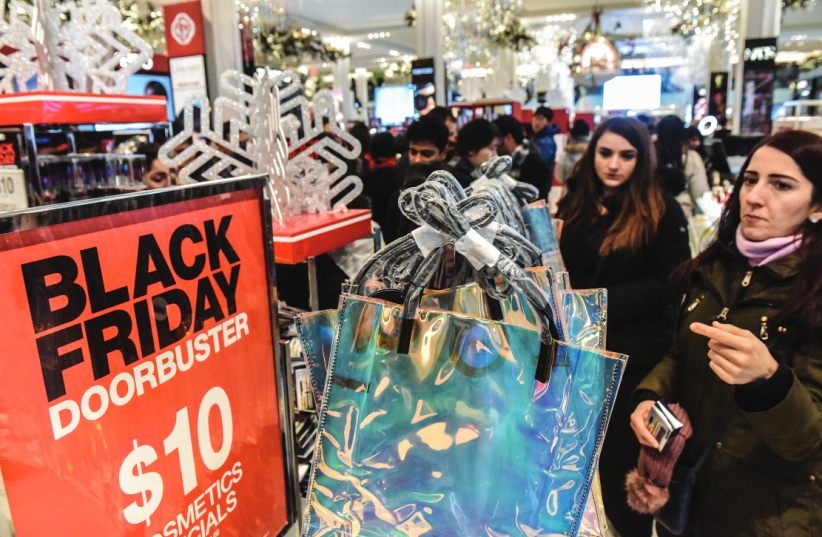Israeli scientists explain why Black Friday sales are a matter of survival
The brain’s “reward system” is why we find such pleasure in the perfect pair of high heels at 50% off, and still continue shopping for a matching handbag that we might not really need.
